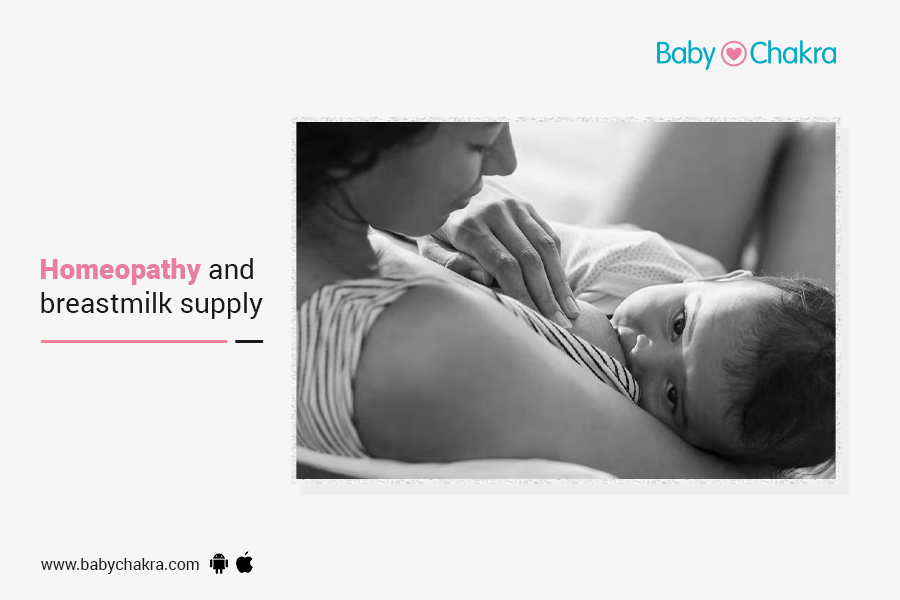
Homeopathy And Breastmilk Supply
22 Sep 2022 | 2 min Read
Mukta Chowdhary
Author | 3 Articles
Homeopathy is considered to be a safe line of treatment as its makes use of natural ingredients with minimal or no side effects. Homeopathy has shown positive results when it comes to increasing breastmilk supply during lactation.
Low breastmilk supply is one of the common issues that new moms tend to face especially after a C-section or assisted delivery. Besides C-section, stress, premature delivery, obesity, high blood pressure, and other underlying health condition also lead to low milk supply.
To address this issue, here are a few homeopathic remedies that help improve or increase the breast milk supply.
Pulsatilla
Pulsatilla is known to be an effective remedy that’s generally prescribed to women who face the issue of complete absence of breastmilk or low breastmilk. Such women also tend to face painful breasts and swelling in the breast tissue. It also works well with women who undergo emotional trauma in such situations during lactation.
Agnus Castus
Agnus Castus is another homeopathic remedy used to treat low breastmilk supply and watery breastmilk in lactating women with swelling of the breast.
Urtica Urens
For women who experience pain in the breast with a burning and stinging sensation with the complete absence of breastmilk, Urtica Urens is an effective homeopathic remedy for them.
Chamomilla
Chamomilla is generally used to treat the absence of breastmilk supply in women who experience breasts that are sore, tender, hard, and painful to touch.
Besides the above-mentioned homeopathic remedies, there are several more that can be prescribed to manage low or absent breastmilk supply in women with different co-existing symptoms. These remedies should be used on a homeopath expert’s prescription only.
A


Related Topics for you
Suggestions offered by doctors on BabyChakra are of advisory nature i.e., for educational and informational purposes only. Content posted on, created for, or compiled by BabyChakra is not intended or designed to replace your doctor's independent judgment about any symptom, condition, or the appropriateness or risks of a procedure or treatment for a given person.
